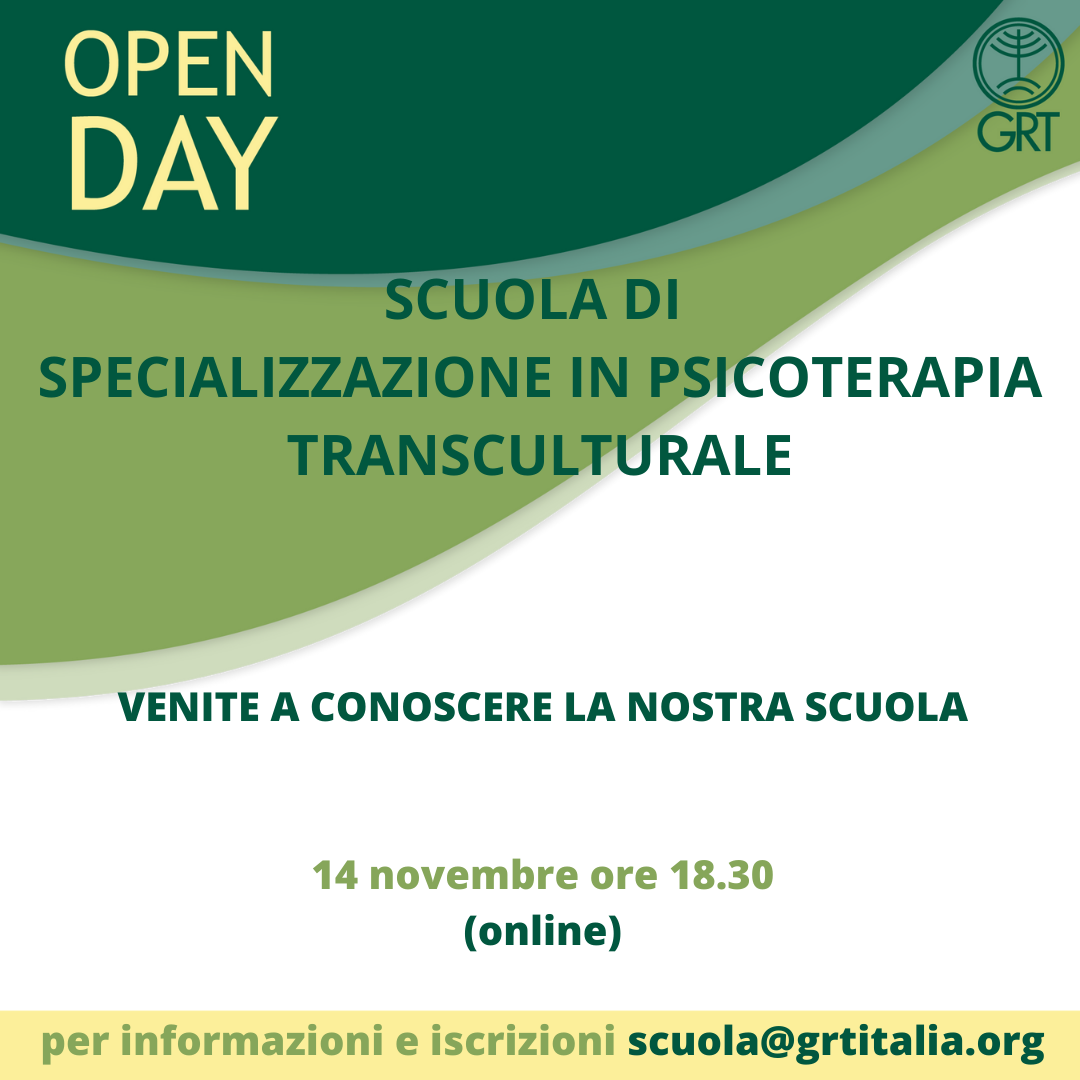The School of Transcultural Psychotherapy aims to provide the theoretical knowledge and techniques necessary to relate to the patient while taking into account all the cultural characteristics that make him or her unique and that constitute, often simultaneously, pathogenic elements and resources for healing.
Conducting psychotherapeutic work on a transcultural basis also means conducting it on an equal level between patient and therapist.
The transcultural relationship between patient and therapist is thus the foundational element of the psychotherapeutic process, and its primary tool. Within it arise opportunities to bring out the foundational cultural elements for the patient, and the origin of his or her suffering.
The transcultural analysis of human situations contained in the School provides more incisive professional skills and epistemological perspectives needed for today and for a future of unceasing diversity and complexity.
Transcultural methodology empowers one to cross cultures, to communicate “across” them.
For the psychotherapist, transcultural training, contrary to what is proposed by the ethnopsychiatric model, means increasing hermeneutic capacity with respect to the subjects who require his or her intervention, acquiring specific skills with respect to understanding and analyzing the patients’ culture without having to undertake specific cognitive paths of each individual culture encountered.





